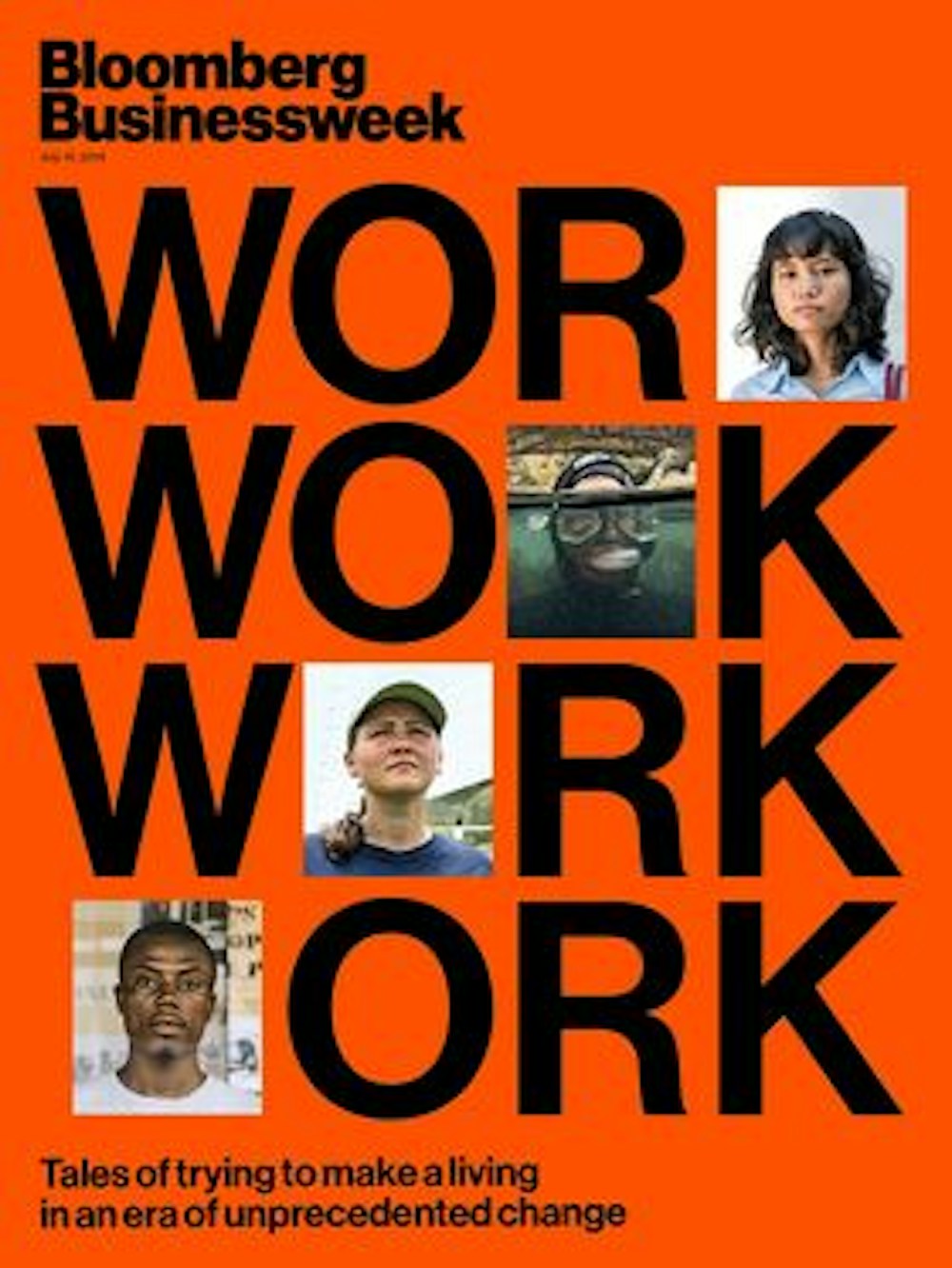Read full article on Bloomberg.com
Highlights:
- Citi Field is gradually replacing its food and beverage packaging with compost-friendly versions, putting a wider range of sorted waste bins in the park, and promising to ship close to zero refuse to landfills by 2020. “It’s been a heavy topic going on five, six years,” says Michael Dohnert, the Mets’ senior director of ballpark operations, because waste disposal is a big part of the park’s environmental impact. “There isn’t much of an infrastructure. We knew what we wanted, but the first few years we couldn’t get there.”
- The company helping the Mets fill the infrastructure gaps is Recycle Track Systems, a software maker that employs data analysis to cut costs for its corporate clients while helping them get greener. “It’s technology meets recycling and food waste,” says Chief Executive Officer Greg Lettieri. Unlike other companies with a similar sales pitch, RTS doesn’t own any trucks or recycling plants. It focuses on improving its software, given without charge to RTS’s trucking partners, to make trash disposal as efficient as possible. “So far they’ve held up their end of the bargain,” says Dohnert. The company’s 1,400-plus clients also include Bank of America, Google, WeWork, Whole Foods, SoulCycle, and the Statue of Liberty.
- RTS software allows customers to select how much and which kinds of waste they need picked up. They then receive alerts when a trash hauler is nearby and has picked up and dropped off their inventory. By adding what’s known as a geofence to its software, RTS also notifies customers via email or text when the trucks are a certain distance from their pickup point, helping to reduce wait times.
- “This is part of the future,” says Domenic Monopoli, the fourth-generation co-owner of Filco Carting Corp., which is using the system in each of its 40 trucks. “I was extremely skeptical, but when you look at it, it’s leap years ahead of anything else.”
